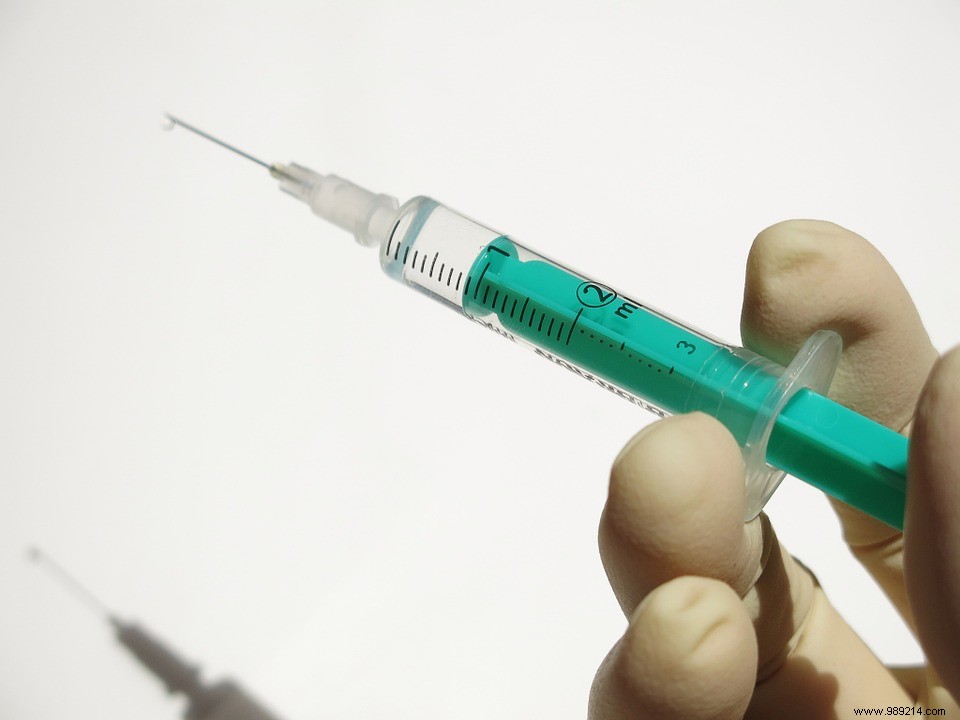While research to find a vaccine continues, the scientific community remains cautious. This is a reminder of the possibility that no one will be able to develop the right formula for such a vaccine. Some difficulties are hampering research, and this would be partly due to the fact that Covid-19 is unique compared to other coronaviruses.
Current research on developing a Covid-19 vaccine , that of the University of Oxford (United Kingdom) has recently attracted attention. Indeed, the researchers have already developed a formula and are currently conducting a clinical test on humans. According to the project leaders, the vaccine could be on the market by September 2020 if all goes well.
However, this surge of optimism does not prevent the scientific community from being cautious . In an article published by The Guardian on May 22, 2020, a leading UK flu specialist spoke out on the matter. This is Jonathan Van-Tam, deputy chief medical officer for England since 2017.
"We can't be sure we'll get a vaccine" he said.

The specialist recalls the absence of a vaccine against HIV, when researchers isolated the virus for the first time three decades ago. We should also mention the dengue virus, isolated in 1943 but not vaccinated until 2019. In reality, the most rapidly developed vaccine is none other than the one against mumps, and it still required four years of research!
However, the coronavirus epidemics SARS (2003) and MERS (2012) made it possible to advance in the search for vaccines. This could therefore be beneficial for research against Covid-19. Nevertheless, it behooves us to learn more about this coronavirus. The biggest concern is that being infected with the virus does not allow for long-lasting immunity after recovery.
In other words, the immune response would be brief and people could be rather quickly reinfected due to low antibody production. However, this greatly questions researchers about the real effectiveness of a vaccine. Indeed, if a vaccine only protects individuals for a single year, there is a good chance that we will have no choice but to live for a long time with Covid-19.
You should know that the genetic stability of Covid-19 is also very important. Remember, however, that the viruses responsible for seasonal flu mutate rapidly, so researchers often have to develop new vaccine formulas . As for HIV, it is evolving rapidly and this is the main reason for the absence of a vaccine after all these years.
So far, Covid-19 is quite stable but, like other viruses, it naturally undergoes mutations. However, some mutations concerned the advanced proteins of the virus, particularly targeted by vaccines. In other words, too large a mutation would make the antibodies produced obsolete by the vaccine. These could not bind to the virus in order to effectively prevent the onset of the disease.